Turkey will not bow to threats in Eastern Mediterranean, wants negotiation: Erdogan
Turkish President Recep Tayyip Erdogan says his country will not cave in to threats and blackmail over its energy exploration rights in the contested Eastern Mediterranean waters, stressing that Ankara is willing to resolve the dispute through negotiation.
Erdogan made the remarks on Monday as Foreign Ministers of EU states were expected to meet in the Belgian capital, Brussels, to evaluate grounds for sanctions against Ankara over its energy exploration in the disputed waters.
"In the eastern Mediterranean issue, our country never sides with tension, but with peace, cooperation, fairness and implementing justice. The path to this goes through negotiations based on mutual respect," Erdogan said.
The Turkish president further said he believes “a win-win formula” can be found in a row with Greece and Cyprus over natural gas resources in the Eastern Mediterranean, repeating a call for a conference that would involve all actors in the region.
However, he said, Turkey would not allow a "pirate mentality" shown by other countries to restrict it to a narrow strip of coastal water.
"We will not bow down to threats and blackmail... We will not allow imperialist expansionism," he said.
Turkey and Greece, both NATO members, have been embroiled in a long-running territorial dispute in the eastern Mediterranean over the region's resources.
In August, Turkey dispatched the Oruc Reis seismic research vessel and warships escorting it to prospect for energy resources in an area in the sea that is disputed with Greece, infuriating Athens and creating a weeks-long diplomatic crisis.
Brussels, which has sided with EU member Greece, threatened Ankara with sanctions back in October.
Turkey’s move in late November to return the exploration vessel to port has calmed tensions, but EU says Ankara’s drill and survey ships have continued to work in contested waters; a move which, according to Greece, makes formal talks with Turkey over the issue impossible.
The European Union, which has for long been involved in the ongoing maritime row between Turkey and Greece in the eastern Mediterranean Sea, is now assessing ways and means of penalizing Ankara for refusing to stop exploring in the disputed waters.
The final decision will be left for when EU leaders convene a summit on Thursday.
France and the European Parliament have called for imposing sanctions on Turkey.
Ankara, however, has rejected threats of sanctions, describing them as” unconstructive.”
Cyprus and Turkey have also argued for years regarding the ownership of fossil fuels in the eastern Mediterranean, where Ankara says Turkish Cypriots are entitled to a share of the resources.
Turkey rejects agreements the internationally recognized Cypriot government has reached with other Mediterranean states on maritime economic zones.
Cyprus has been divided into a Turkish Cypriot-controlled north and a Greek Cypriot-controlled south since a brief war in 1974, which saw Turkey intervene militarily in response to a military coup on the island that was backed by Athens.
Greek Cypriots run the island’s internationally-recognized government, while Turkish Cypriots have a breakaway state in the north — only recognized by Turkey.
EU Parliament halts US trade deal after Trump tariff threat
VIDEO | An unchecked presidency
VIDEO | Deportations strain Afghanistan’s fragile economy
‘Full-scale atrocity’: Iran security body reports 2,427 martyrs in US-Israeli-led riots
Smallest coffins are the heaviest: The three youngest victims of foreign-backed riots in Iran
Hamas warns of ‘systematic Israeli violations’ as Gaza ceasefire teeters
Israeli strikes kill 11 across Gaza, including children and journalists: Palestinian medics
US forces transferring Daesh prisoners from Syria to Iraq: CENTCOM


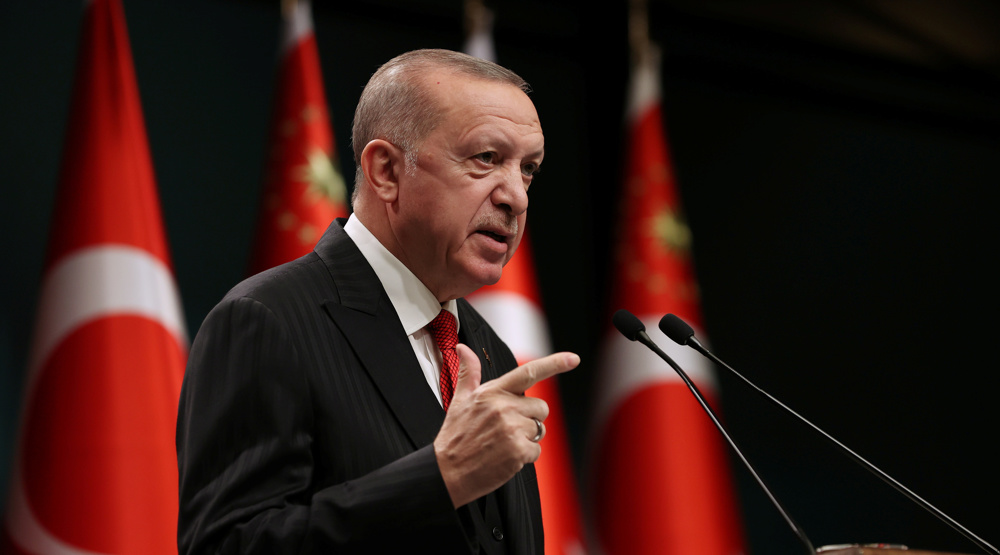


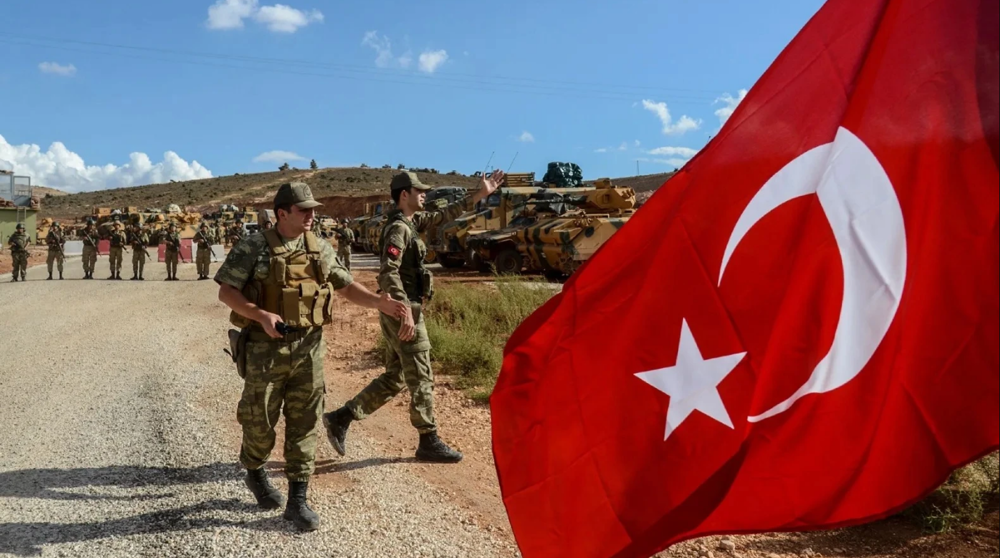

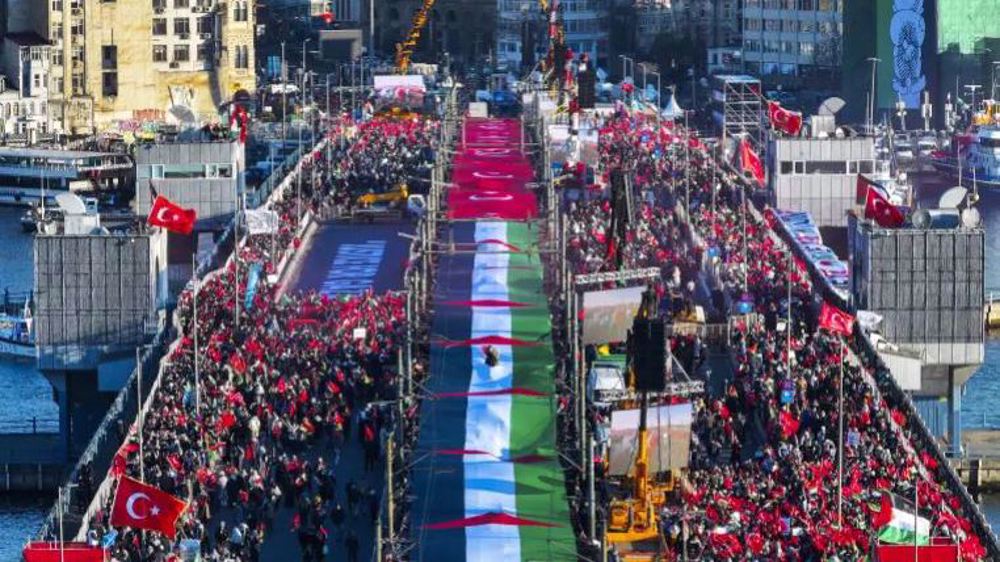



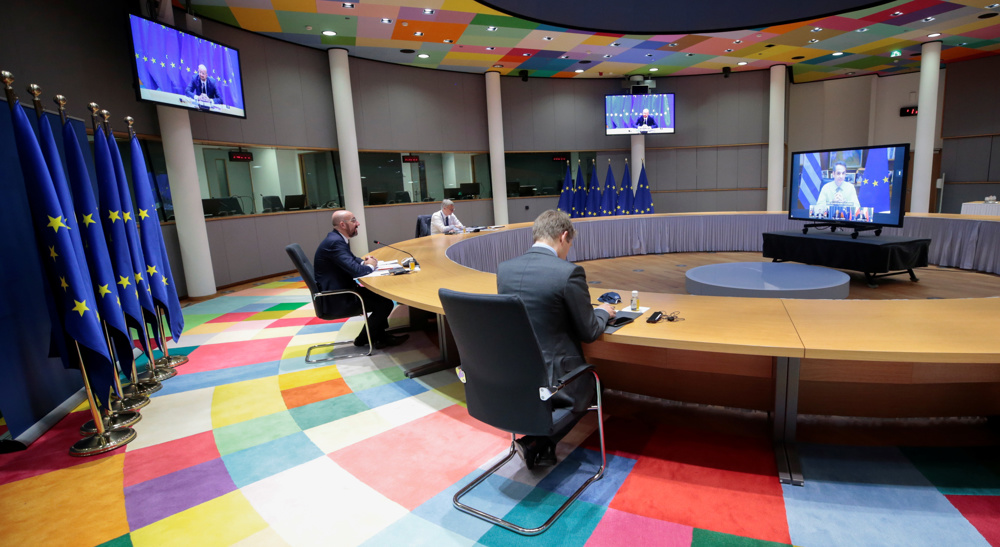
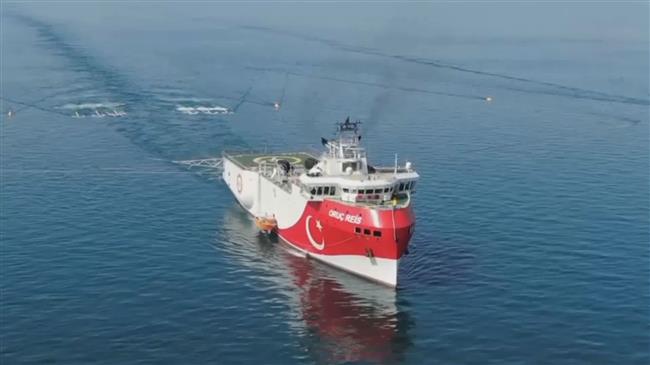
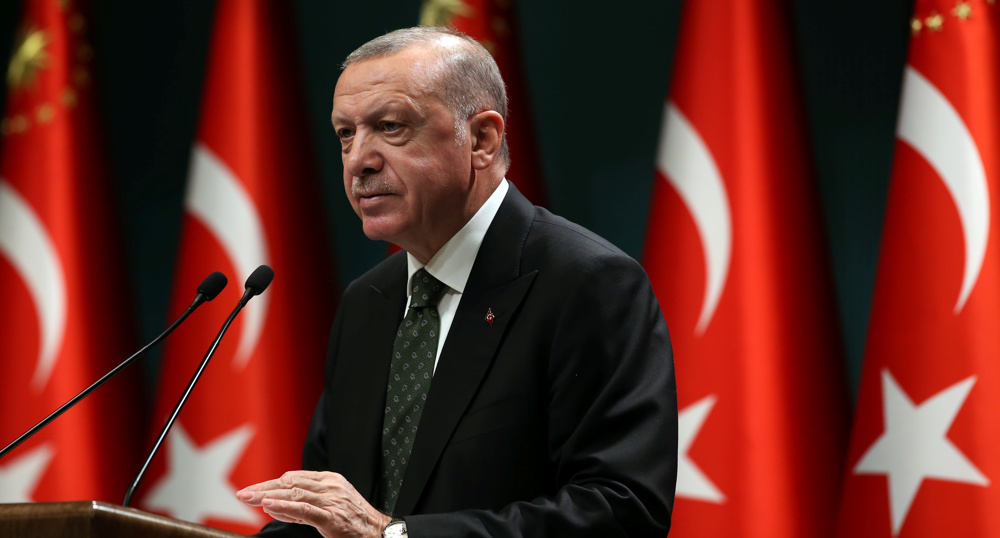

 This makes it easy to access the Press TV website
This makes it easy to access the Press TV website